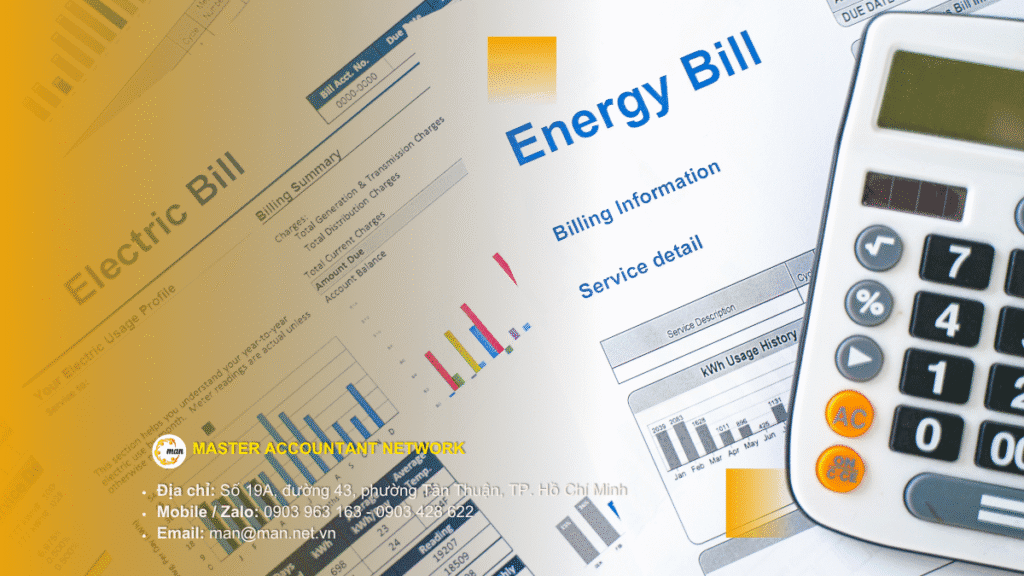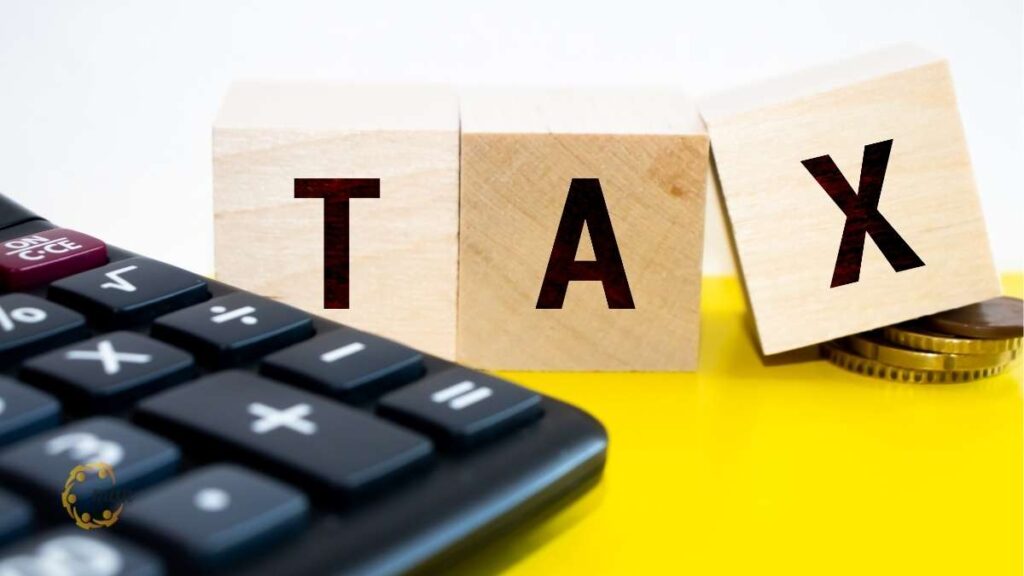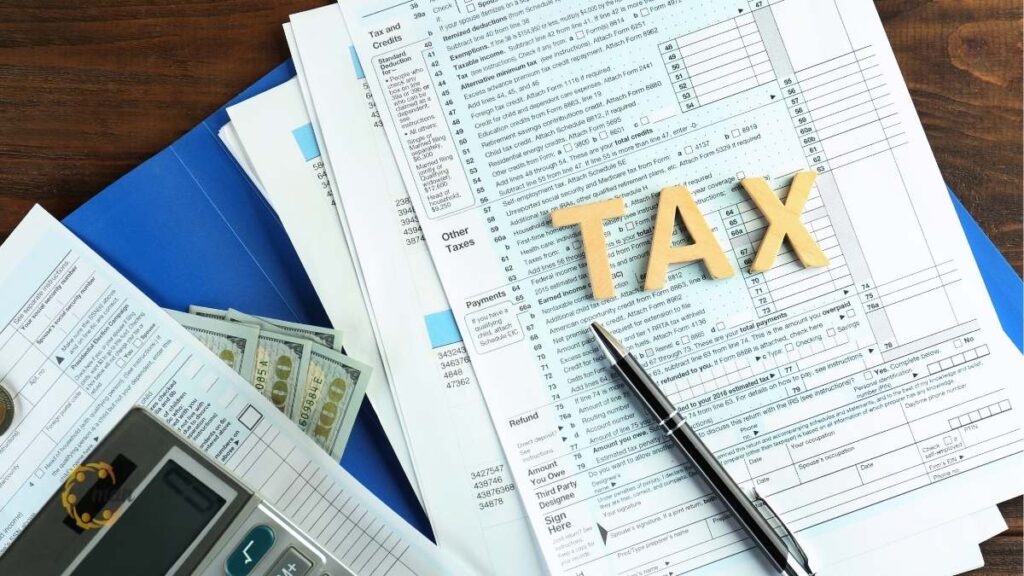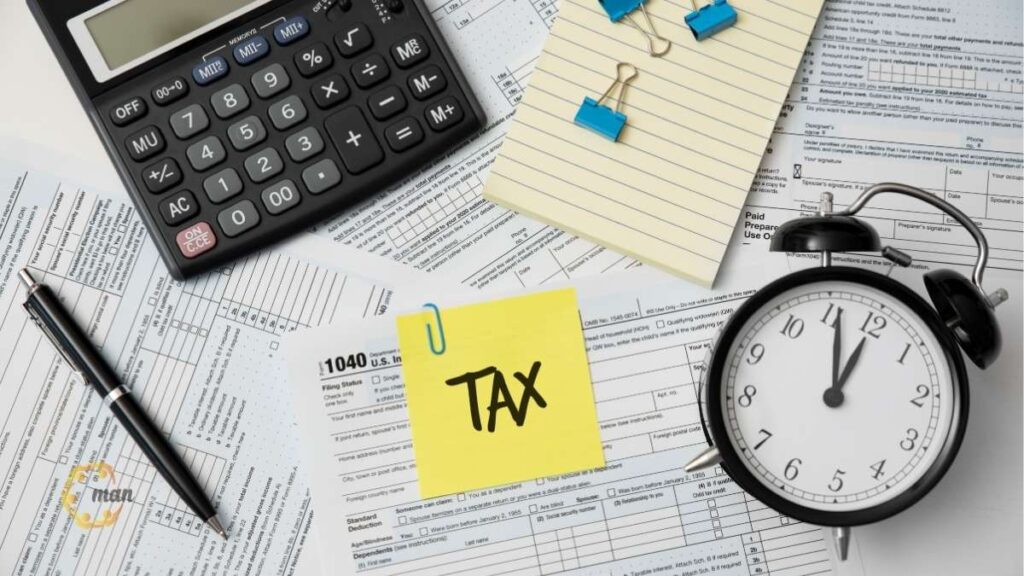Special consumption tax (SCT) is a tax applied to certain goods and services that are not encouraged for consumption, such as alcohol, beer, cigarettes, cars, gasoline, high-end entertainment services, etc. This article will help businesses and individuals understand the taxable subjects, calculation method, price, tax rate and notes when issuing invoices with SCT.
What is special consumption tax and its purpose?
Special consumption tax (SCT) is an indirect tax, applied to certain goods and services that the State does not encourage consumption. Unlike value added tax which is commonly applied to most goods and services, SCT is only levied on items that have negative impacts on human health, the living environment or social order such as alcohol, tobacco, luxury cars, and entertainment services with luxury elements.

The purpose of special consumption tax is not only to increase revenue for the state budget but also to regulate consumer behavior, contribute to controlling activities with high risks affecting the community and promote a healthy and sustainable lifestyle.
Subjects subject to special consumption tax according to regulations
According to current legal regulations, subjects subject to special consumption tax (SCT) are divided into two main groups: goods and services.
About goods
Special consumption tax is applied to items that have negative impacts on health, the environment or are luxury goods, typically: alcohol, beer, cigarettes, cars with less than 24 seats, large-capacity motorbikes, gasoline, lubricants, high-capacity air conditioners, etc.
About the service
Special consumption tax applies to types of entertainment with special or luxury elements such as: casino business, electronic games with prizes, dance clubs, massage, karaoke, lottery and golf courses.
Determining taxable entities must be based on the specific list prescribed by the Law, and at the same time updating detailed guidance documents.
Current legal basis
-
Law on Special Consumption Tax No. 27/2008/QH12, consolidated in 2023.
-
Law amending and supplementing a number of articles in 2014 and 2016.
-
Circular 195/2015/TT-BTC and Circular 130/2016/TT-BTC of the Ministry of Finance provide specific guidance on tax bases, taxable prices, and how to declare and pay special consumption tax in practice.
These documents are an important legal foundation for businesses to correctly determine tax obligations and avoid violations during implementation.
How to calculate special consumption tax
Special consumption tax is calculated according to the formula:
| Special Consumption Tax = Taxable price × Tax rate |
Depending on the origin of the goods or services, how to determine taxable price will be different:
-
For domestically produced goods, the taxable price is the selling price excluding value added tax and excluding special consumption tax. If the goods are sold through many intermediaries, the taxable price is the price directly sold by the manufacturing facility.
-
For imported goods, the taxable price is determined according to the formula: GTaxable price = Import taxable price + Import tax (if any). This price does not include VAT but includes import related costs.
-
In case of trade discounts or promotions, enterprises are only allowed to deduct when these amounts are clearly stated in the contract and fully shown on the invoice, in accordance with tax laws.
Businesses should note that incorrect determination of taxable prices, especially when there are changes in promotional policies or unclear sales information, can lead to the risk of being subject to tax collection or administrative penalties.
Accounting for special consumption tax in enterprises
| Accounting profession | Debit Account | Credit Account |
|---|---|---|
| Record special consumption tax payable | 632 (cost price) or 641, 642 | 3332 – Special Consumption Tax |
| When paying taxes to the tax authorities | 3332 – Special Consumption Tax | 111 or 112 (cash or bank transfer) |
Note:
-
If special consumption goods are included in sales expenses, use account 641.
-
If arising in general management activities, it can be recorded in account 642.
-
Businesses need to have complete invoices and documents to be included in reasonable expenses when settling taxes.




